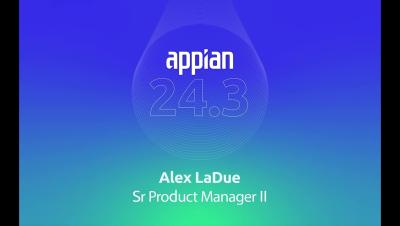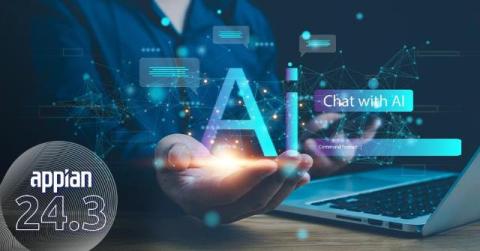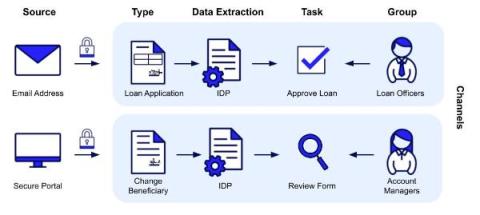Achieving Success in Pharmaceutical Commercialization
For life sciences organizations, the key to success is the ability to bring the highest quality products to market quickly and cost-effectively. However, the commercialization process is filled with hurdles that hinder time to market, such as complex regulatory requirements and managing cross-functional collaboration. These challenges require a strategic and well-coordinated approach for successful commercialization.










